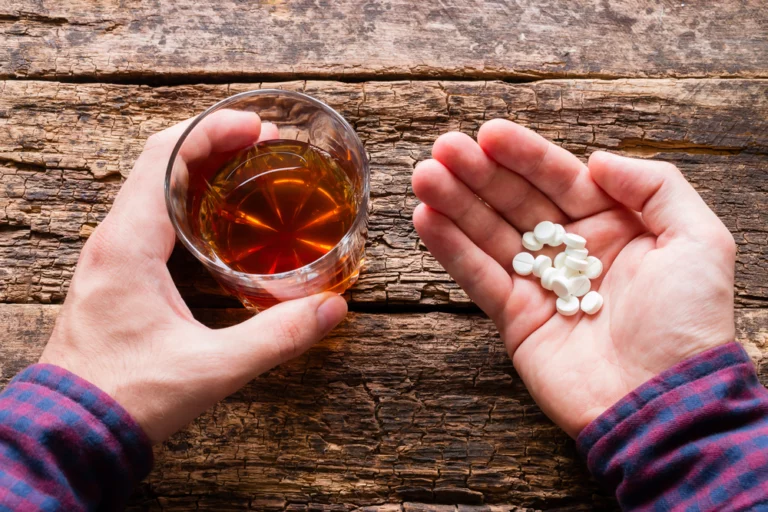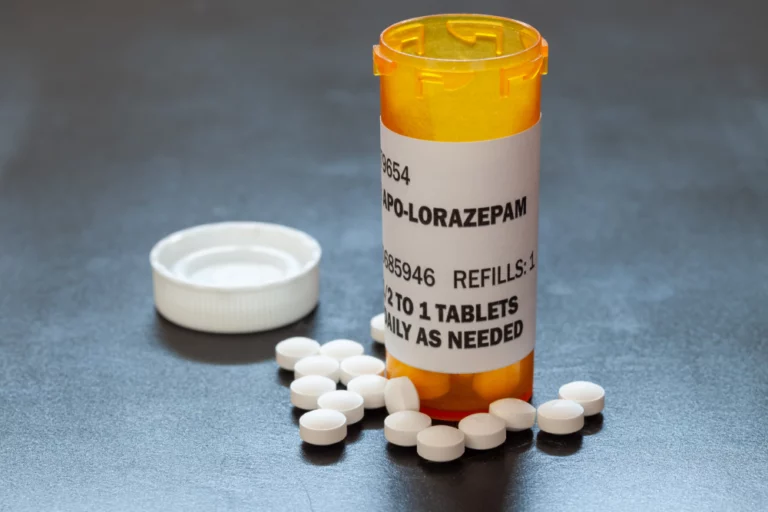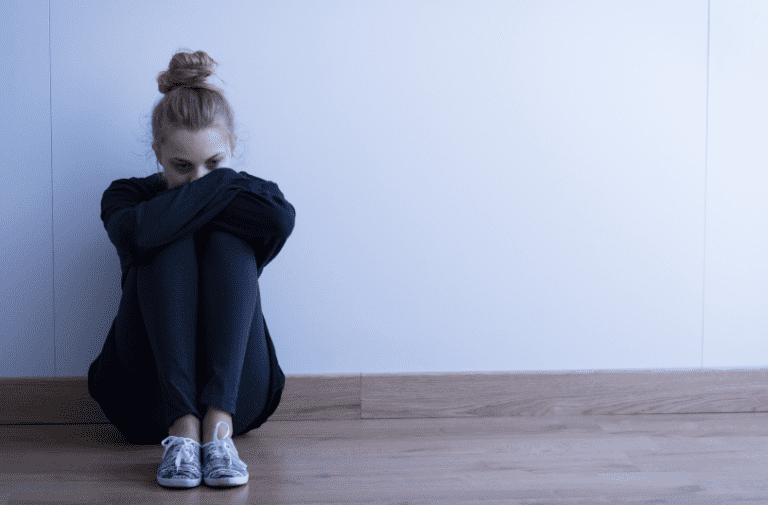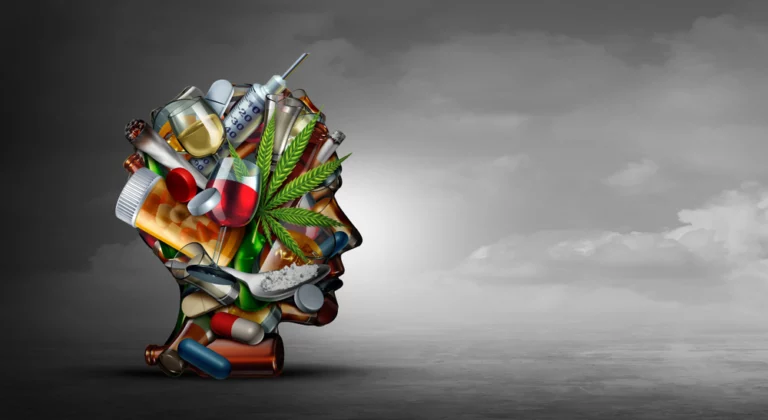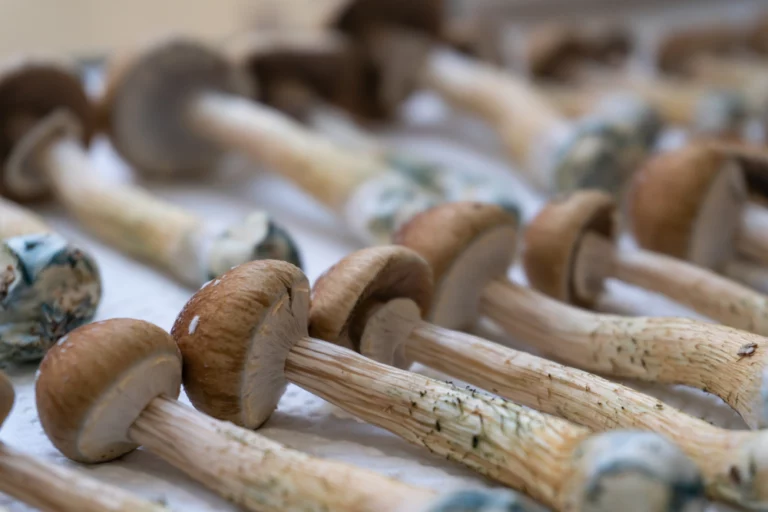With more states legalizing marijuana use, cannabis-infused candies, brownies, and cocktails have become more popular than ever. In fact, edible sales have climbed to more than $3.5 billion a year. Still, many companies require a drug test for employment and they regularly test for THC, the active component in edibles. This has many people wondering “How long do edibles stay in your system?” The answer can vary based on what is being consumed. Even your individual digestive system can influence the detectability of edibles. Here’s a glance at the average lifespan of an edible after it’s been consumed.
What Are Edibles?
Edibles are food products that are infused with cannabis. When purchasing CBD edibles, consumers can choose between full-spectrum and broad-spectrum products. Broad-spectrum CBD has been processed to remove all traces of the tetrahydrocannabinol (TCH) that is responsible for the psychoactive effects of cannabis. Full-spectrum retains trace amounts of THC. Under federal law, any product labeled as full-spectrum CBD will always have less than 0.3 percent THC.
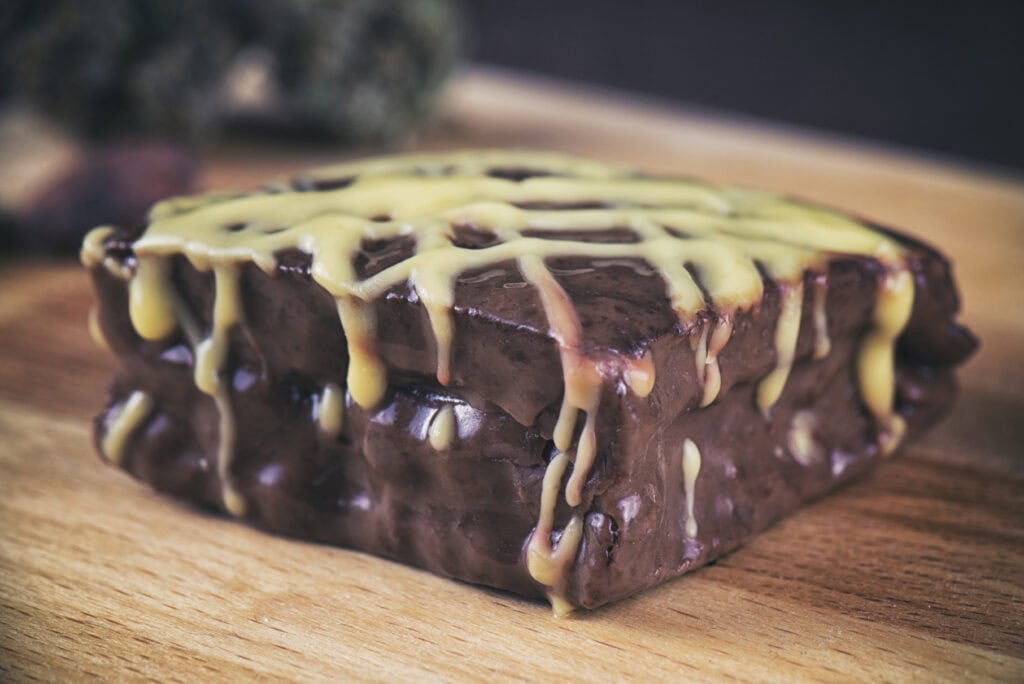
Types of Edibles
Edibles are generally “sweets” that are formulated to taste like popular candies or snacks. Some edibles are actually beverages. Here’s a look at popular forms of edibles:
- Cookies
- Brownies
- Gummies
- Lollipops and hard candies
- Lozenges and mints
- Chocolates
- Candies
- Soda
- Coffee
- Tea
Can You Become Addicted to Edibles?
Many people assume that edibles are “as safe as candy” because they are marketed like candy. While it’s true that CBD edibles can be legally purchased in many places under new federal and state guidelines, it’s important to understand that edibles can still have incredibly potent psychoactive and biochemical effects. These candies can have more intense highs than smoking cannabis. This can lead to a greater risk of addiction.
We know that the cannabis plant can pose serious addiction risks for some people. It’s estimated that three out of 10 people who use cannabis have cannabis use disorder. This means that they will be unable to stop using even though usage is causing health and social issues in their lives. Other studies show that the risk of developing addiction following cannabis use is about 10 percent. Beginning cannabis use at a younger age is a risk factor for dependency.
Signs of Cannabis Dependence
Trying to quit using cannabis but being unable to is one sign of dependence. Here are some other warning signs:
- Using more of the product than intended
- Having attempted unsuccessfully to quit using
- Devoting a lot of time to cannabis usage
- Craving cannabis
- Continuing use even though your relationship with the substance is causing problems in your home life, school life, or career
- Giving up things you enjoy doing with friends and family to be able to spend time using cannabis
- Being altered by cannabis while driving a car, operating equipment, or participating in other high-risk situations
- Feeling that you need greater concentrations to achieve the same feeling that you enjoyed when you initially began usage
- Experiencing withdrawal symptoms when decreasing or stopping use
There’s one important thing that anyone who considers edibles to be harmless should know. When researchers looked at cannabis samples over time, they found that THC concentrations doubled from 9 percent in 2008 to 17 percent in 2017.
Researchers also note that products from dispensaries actually offer products with much higher concentrations. And, the THC concentrations can vary widely. When reviewing products available from online dispensaries in three states with legalized use of non-medical adult marijuana, they found that THC concentrations ranged from 0 percent to nearly 46 percent.
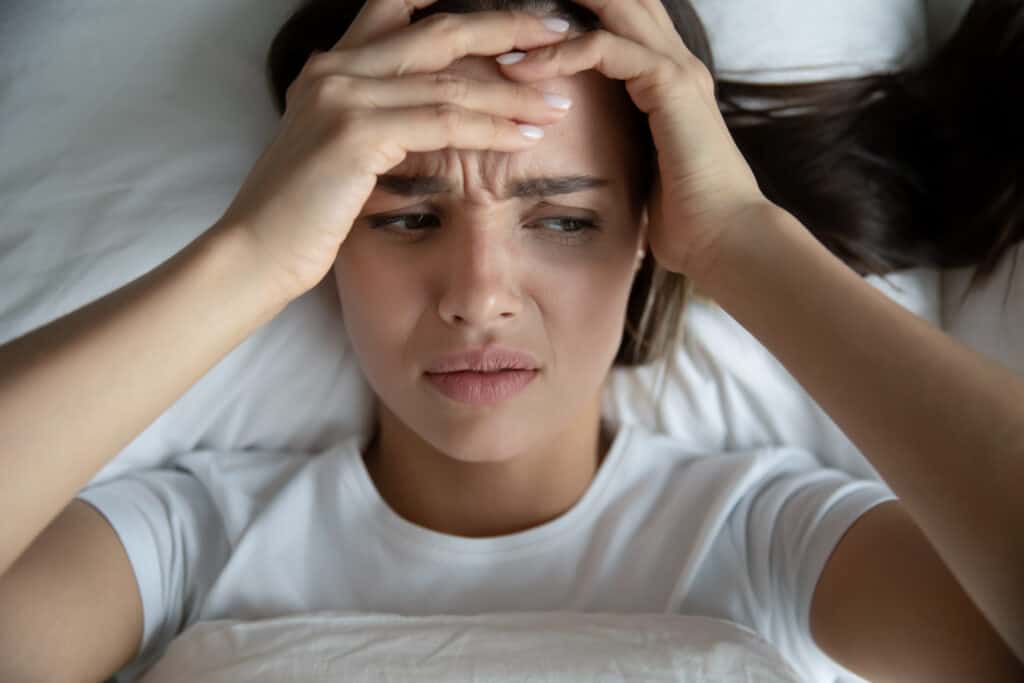
Can You Withdrawal From Edibles?
Yes, it is possible to withdraw from THC edibles. Research shows that 47 percent of individuals with regular or dependent use of cannabinoids experience withdrawal. Researchers believe that many people who use medical cannabis to treat symptoms are actually caught up in ongoing cycles of treating symptoms of cannabis withdrawal.
Cannabis withdrawal symptoms typically occur within 24 to 48 hours after you stop using it. For most people, symptoms can peak somewhere between two and six days after withdrawal begins. A heavy cannabis user may experience persistent withdrawal symptoms lasting three weeks or more. Common cannabis withdrawal symptoms include:
- Anxiety
- Irritability
- Anger
- Aggression
- Disturbed sleep
- Depressed mood
- Loss of appetite
- Chills
- Headaches
- Physical tension
- Sweating
- Stomach pain
How Long Do Edibles Stay In Your System?
You might wonder if edibles even show up on a drug test. The answer is yes. Edibles contain THC, which can be detected on a drug test. So, how long do edibles stay in your system after consuming them?
The answer to figuring out how long THC is detectable has less to do with asking something like how long do edibles stay in your system 5mg or how long do edibles stay in your system 15mg. While dosage is important, it’s just one factor. How long edibles stay in your system actually depends on a number of factors, including:
- How often you use or consume them
- The amount of THC in the product
- Your metabolism rate and excretion routes
- Your gender
- Your hydration levels
- Your body mass index (BMI)
- Your overall health and genetics
How Long Do Edible Gummies Stay In Your System?
While detectability for a common cannabis gummy can vary widely based on the formulation, a low-dosage gummy product might be detectable for 24 to 48 hours. It’s important to note that “staying in your system” is not the same as “producing noticeable effects.” One misconception is that edibles are no longer detectable once you are no longer physically feeling their effects. In reality, cannabis can stay in your system for a really long time after the effects have worn off.
While individual tolerance is a major factor in determining how long it takes for cannabis to wear off, the average dose of an edible can last for six to eight hours. That shrinks to just four hours for a person with high tolerance. For a person with a lower tolerance, the window can last eight to 12 hours. The type of test being conducted can also influence how easy to detect cannabis and THC are in the hours or days that follow usage. Here’s a glance at average detectability expectations by test type:
- Blood: One to two days
- Saliva: One to three days
- Urine: Three to 30 days
- Hair: Up to 90 days
Keep in mind that many tests are capable of detecting THC in urine for up to 30 days if a person consumes a large amount of THC on a regular basis. That could stretch out the ability for THC to be detected far past the average timeline. The human body is only capable of breaking down THC up to a certain capacity. When you outpace your body’s threshold for breaking down THC, excess THC is actually stored in fat cells.

Is There Treatment Available If You Think You Have a Problem With Edibles?
Absolutely! Unfortunately, the misconceptions floating around about the seriousness of using edibles have left many people unaware that treatment for cannabis and edible dependence is available. Treatment is worth considering if edible usage is interfering with your life.
How is problematic edible use treated? The answer can vary based on the underlying factors that are involved with a person’s concerns.
Inpatient Treatment
In a case where edible usage is part of wider substance use known as polysubstance use, inpatient admission may be the safest way to initiate a detoxification process that is followed up with therapy and support. This can also be the case when edible use is accompanied by a severe mental health disorder.
Detox
Medically supervised detox can be beneficial for someone struggling with their relationship with edibles. Unpleasant withdrawal symptoms that are triggered when a person tries to either stop or reduce cannabis usage can make it difficult to maintain sustained abstinence lasting for more than a few hours or days.
Detoxing at a treatment facility is recommended for users who have used cannabis or edibles for a longer term and are likely to experience significant withdrawal symptoms. A treatment facility provides structured medical support throughout the process.
Therapy and Medications
In addition to physically helping a person to break free of their reliance on edibles, a treatment team can also assist with the journey of understanding why edibles provide such an attractive form of relief or escape for a person. Both cognitive behavioral therapy (CBT) and medication therapy can be potential treatments for people struggling with edible use. Medications used in the treatment process are intended to help with anxiety and sleep disturbances that can be common with cannabis withdrawal. In studies, CBT in the treatment of cannabis use has been shown to help bring about a reduction in cannabis use severity. People who receive CBT also experience greater improvements in functioning at post-treatment.
Ultimately, concerns over edible usage need to be taken seriously. The newness of the widespread acceptance of cannabis and THC edibles poses challenges when it comes to recognizing dependency behaviors. Fortunately, treatment experts are already keenly aware of the serious effects that edibles can have on mental well-being.
Connect With Us Now
Reach out to us now for immediate support, or let us know the best time to contact you through our confidential callback service. Your journey to healing is just a conversation away.




